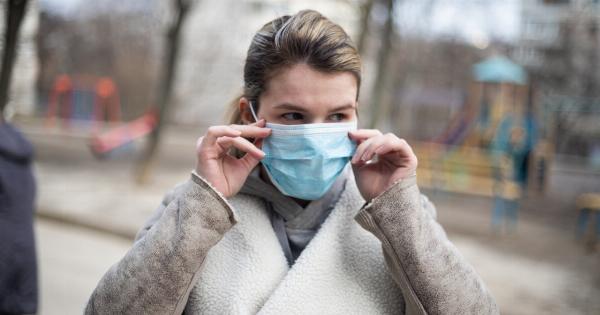An outbreak of influenza has hit several parts of the country, with 14 people reportedly dying from the virus so far. According to health officials, the situation is getting worse with three more patients in critical condition.
Widespread infections
The flu is currently widespread, with thousands of people across the country being affected. The most susceptible groups are young children, pregnant women, and the elderly. However, the virus can strike anyone at any time.
Doctors are urging people to take precautions, such as washing hands regularly, covering coughs and sneezes with tissues, and avoiding contact with people who may be sick. Additionally, getting a flu shot can help prevent the spread of the virus.
Symptoms of influenza
The flu is a respiratory illness that is caused by the influenza virus. Symptoms include fever, cough, sore throat, runny or stuffy nose, body aches, headache, chills, and fatigue. Some people may also experience vomiting and diarrhea.
Flu symptoms can range from mild to severe and can lead to complications such as pneumonia, bronchitis, and sinus infections.
These complications can be especially dangerous for people with weakened immune systems, such as those who are elderly or have chronic medical conditions.
Treatment for influenza
There is no cure for the flu, but there are treatments available to help manage the symptoms. These include antiviral medications, which can help reduce the severity and duration of the illness if taken within the first 48 hours of symptom onset.
Other treatments include over-the-counter medications such as acetaminophen or ibuprofen to reduce fever and relieve pain, and cough suppressants and decongestants to ease cough and congestion.
Preventing influenza
The best way to prevent the flu is to get a flu shot. The flu vaccine is recommended for everyone six months of age and older, including pregnant women and people with chronic medical conditions.
In addition to getting vaccinated, it’s important to practice good hygiene to prevent the spread of the flu.
This includes washing hands frequently with soap and water, avoiding close contact with sick people, covering coughs and sneezes with tissues, and staying home when you are sick.
Caring for someone with the flu
If someone in your household has the flu, it’s important to take precautions to prevent the virus from spreading to others.
This includes encouraging the sick person to stay in a separate room, covering their mouth and nose when coughing or sneezing, and disposing of used tissues promptly.
You should also wash your hands frequently and avoid sharing utensils, towels, or other personal items with the sick person.
When to seek medical attention
If you or someone you care for is experiencing flu-like symptoms, it’s important to seek medical attention if:.
- You have difficulty breathing or shortness of breath.
- You experience persistent pain or pressure in the chest or abdomen.
- You experience sudden dizziness or confusion.
- You have severe or persistent vomiting.
- Your symptoms improve but then return with fever and worse cough.
- You have other health concerns or are in a high-risk group.
If you are in a high-risk group, such as being elderly, pregnant, or having a chronic medical condition, it’s especially important to seek medical attention if you experience flu-like symptoms.
Conclusion
The outbreak of influenza is a serious concern, with 14 lives already lost and more people at risk.
It’s important to take precautions to prevent the spread of the virus, such as washing hands regularly, covering coughs and sneezes, and getting vaccinated.
If you or someone you care for is experiencing flu-like symptoms, it’s important to seek medical attention if necessary. By taking these steps, we can help reduce the impact of the flu and protect our communities.
























